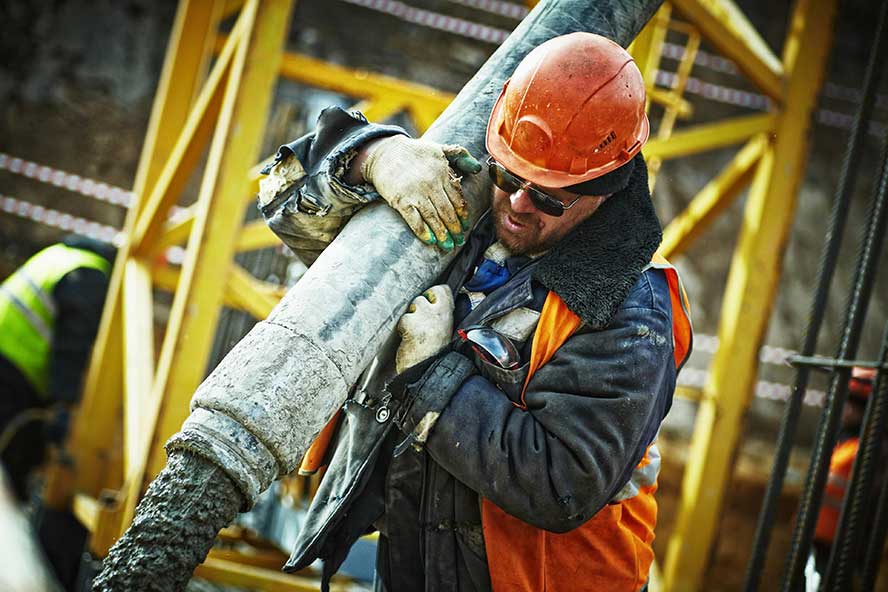Why You Should Hire a Professional Civil Engineer for a Water Pecolation Test in Nevada
When planning any construction project, particularly one involving septic systems, understanding the land’s ability to absorb water is crucial. This is where a percolation test, or “perc test,” comes in. In Nevada, conducting a perc test with the expertise of a professional civil engineer is not just a regulatory requirement in many cases but also a practical necessity. Here’s why hiring a professional civil engineer for this task is vital:
1. Regulatory Compliance
Nevada has stringent regulations governing the installation of septic systems, aimed at protecting public health and the environment. A perc test performed by a licensed civil engineer ensures compliance with these regulations. They are well-versed in local codes and can accurately document and interpret the results in a manner that meets the requirements of the Nevada Division of Environmental Protection (NDEP) and local health departments. Non-compliance can result in fines, delays, or the inability to obtain necessary permits, all of which can be avoided by hiring a professional.
2. Accurate and Reliable Results
A perc test involves digging a series of test holes, filling them with water, and measuring the rate at which the water is absorbed by the soil. While this might sound straightforward, achieving accurate and reliable results requires expertise. Professional civil engineers have the technical knowledge and experience to conduct these tests correctly, ensuring that the data collected is precise. This accuracy is crucial for designing a septic system that will function properly and sustainably, preventing costly and hazardous failures.
3. Professional Interpretation and Recommendations
Understanding the results of a perc test requires more than just basic arithmetic. Professional civil engineers can interpret the data in the context of the site’s overall soil composition, groundwater levels, and topography. They can provide informed recommendations for the design and placement of your septic system, ensuring it is tailored to the specific conditions of your property. This level of expert analysis helps avoid future problems such as system overload, contamination of groundwater, or inefficient waste treatment.
4. Liability and Risk Management
By hiring a professional civil engineer, you mitigate the risk of potential legal and financial liabilities. If a perc test is not performed correctly and results in septic system failure, the costs of remediation can be substantial. Additionally, faulty systems can lead to environmental contamination, which could result in significant fines and legal action. Professional engineers carry liability insurance and stand behind their work, providing an added layer of protection for property owners.
5. Enhanced Property Value
Properties with well-designed and properly functioning septic systems are more valuable and attractive to buyers. A perc test conducted by a professional civil engineer ensures that the septic system is designed to last, providing peace of mind to potential buyers. This investment can significantly enhance your property’s marketability and value.
6. Sustainable Development
Sustainability is increasingly important in construction and land development. Professional civil engineers are trained in environmentally responsible practices and can help design systems that minimize environmental impact. By ensuring that your septic system is efficient and effective, you contribute to the sustainability of your property and the broader community.
Conclusion
Hiring a professional civil engineer to conduct a water percolation test in Nevada is a wise investment that ensures regulatory compliance, accurate results, expert recommendations, and long-term property value. It mitigates risks and supports sustainable development. Whether you are planning a new construction project or upgrading an existing septic system, the expertise of a civil engineer is invaluable. Don’t cut corners when it comes to the foundation of your property’s infrastructure—rely on the professionals to get it right.

